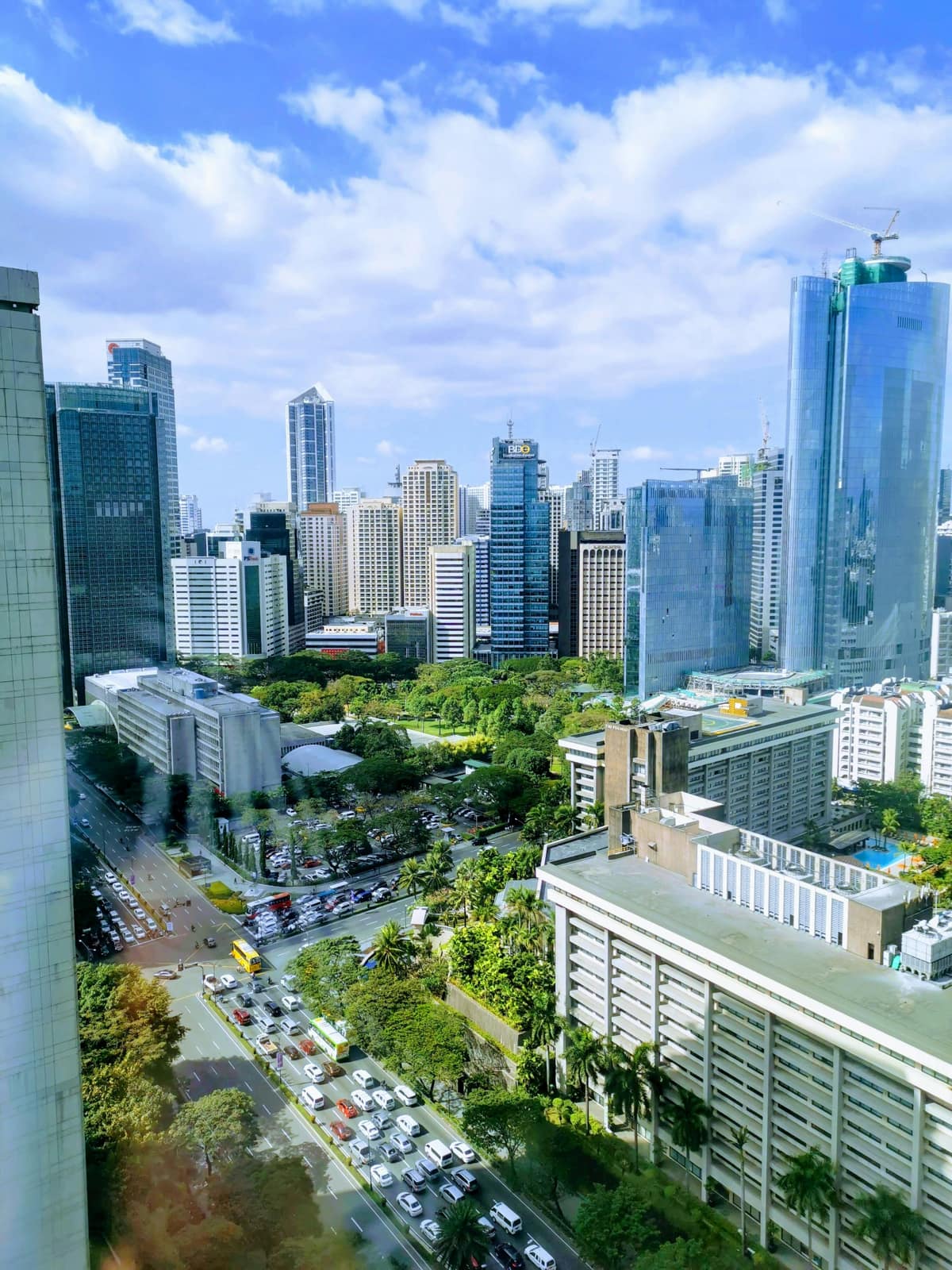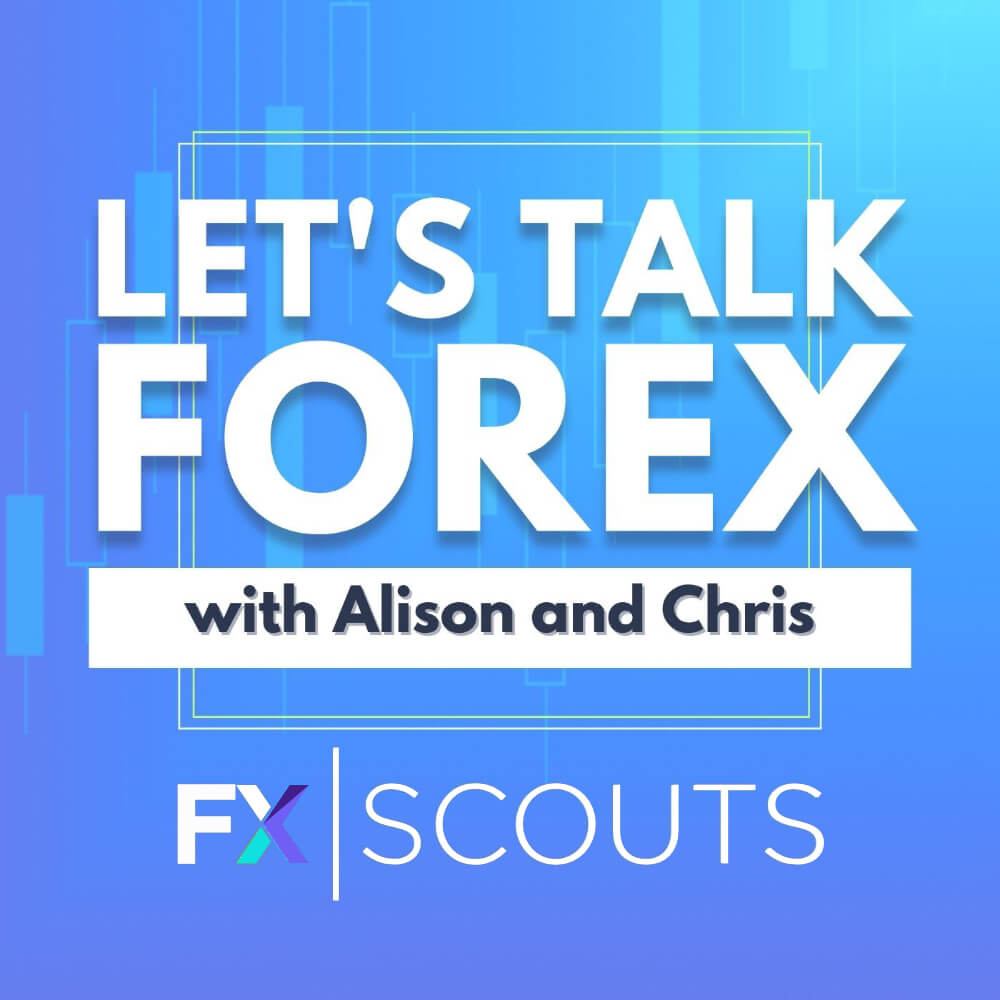- Discover and compare top-rated Forex brokers
- 180+ independently written broker reviews
- Explore in-depth educational resources

Select a different country or region to view content tailored to your location.

The Philippines' No. 1 FX Marketplace


Forex trading is accessible to everyone and offers the potential for significant returns, but it is important to approach it cautiously to avoid losing money. Forex traders in the Philippines should choose a reputable and regulated broker to avoid getting scammed, educate themselves on Forex trading, create a trading plan and stick to it, develop a risk management strategy, practice trading on a demo account, stay informed and educated, and follow the global financial market news.

Discover the top Forex brokers in the Philippines. Compare top platforms, fees and features to make an informed trading choice.

Let's Talk Forex: A beginner-friendly podcast covering Forex basics, tips, and strategies. Tune in now and start mastering currency trading with expert guidance

Explore the best Forex brokers for beginners in the Philippines with user-friendly platforms, educational resources, and demo accounts.

Covering market events, analysis, industry trends and broker news. Stay on top of the Forex market - check out the latest updates now
Independent, in-depth reviews and comparisons of all top tier-regulated Forex brokers, empowering you to make informed choices.
Comprehensive guides for all levels, from the basics of Forex to advanced strategies tailored for your experience.
A focus on facts, accuracy, and up-to-date data to give you the insights you need to succeed in your Forex journey.




The best Forex brokers for beginners are regulated to ensure protection from fraud and have a user-friendly trading platform for a stress-free trading experience. They offer comprehensive trading education and a demo account so beginners can learn to trade without risking money. They also have low costs and reliable customer support in case technical issues arise.
We have thoroughly evaluated the top financially regulated brokers that accept Filipino traders. Your feedback is an important part of this evaluation, and we always incorporate the views of real traders when we make a recommendation. With our comprehensive guide, traders of all budgets and preferences will find a broker that fits their needs.

Comprehensive Trading Tools & Platforms

FxScouts Group was founded in 2011 to help Forex traders get the best start to their trading careers. We review Forex brokers, offer trading education, and issue warnings on scam brokers. We also host a weekly podcast, and our YouTube channel is full of helpful tips and discussions about the latest market events. Our editorial team maintains up-to-date reviews on 180+ brokers and uses local expertise to provide accurate information for traders in over 20 countries and regions.
FxScouts.com is wholly owned and operated by FxScouts Group AB. FxScouts Group AB is registered in Sweden and owns and manages all the brands and domains in the FxScouts network. Click through for more on our global presence.
These are the most requested broker comparisons in the Philippines. These are the areas that matter most to us:
Let’s cut through the noise! Compare these in-demand brokers and discover the best fit for your trading journey.





















Brokers offer no-deposit bonuses to attract new customers. These bonuses typically involve the broker providing the customer with a small amount of equity, which allows the customer to learn how to trade Forex without the fear of losing their own money.
Ready to take your Forex trading to the next level? Don't miss out on our weekly newsletter to further enhance your trading success. Subscribe now and get the latest Forex news, tips, and updates directly to your inbox.



Welcome to the FxScouts community! We’re thrilled to have you on board. You’ve successfully signed up for our forex newsletter, where you’ll receive expert insights, market analysis, and the latest news straight to your inbox.
Get ready to stay ahead of the curve with our regular updates designed to help you make informed trading decisions.
Happy trading!
The FxScouts Team


